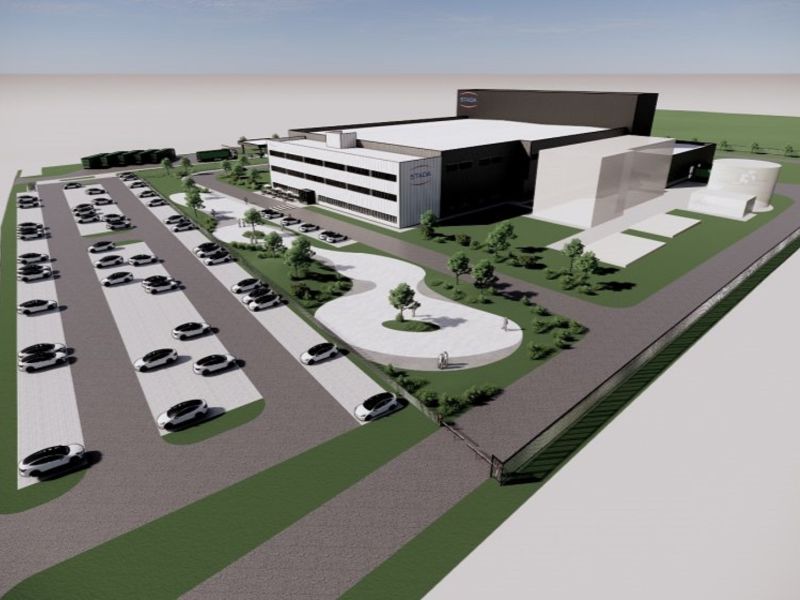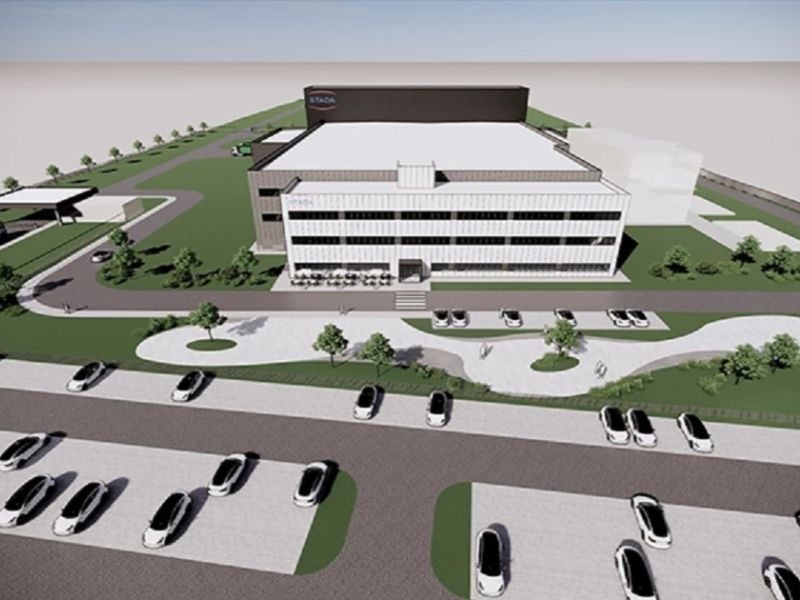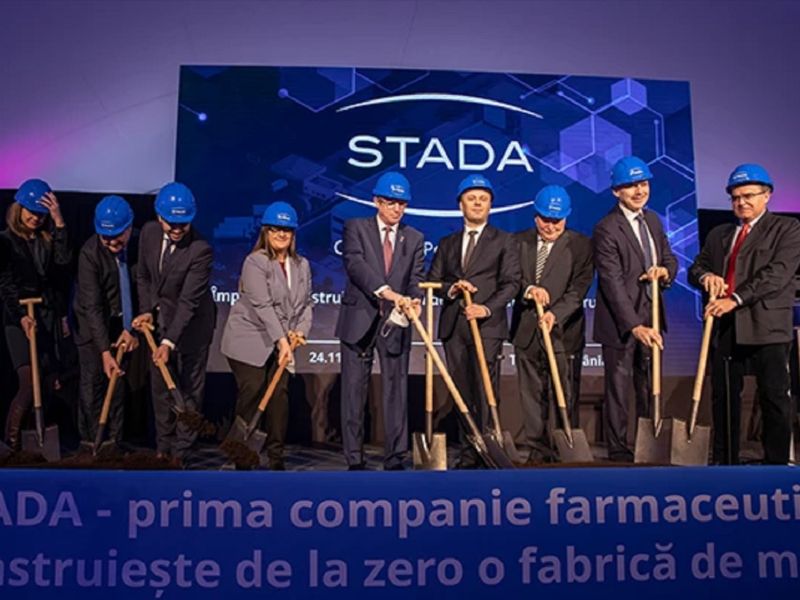Stada Arzneimittel AG, a pharmaceutical company based in Germany, will build a new supply chain and packaging facility in Turda, Romania, to expand its capacity to offer a definitive supply of high-quality medicines and healthcare products in Europe.
The facility will make an addition to the company’s existing network of production, supply chain and packaging facilities that has a total capacity to supply approximately 13 billion units of solid-dose medicines and more than 700 million packs a year. It will enable Stada to meet the demand for its growing portfolio.
The ground-breaking ceremony for the new facility took place in November 2022. To be developed with an investment of more than €50m ($51.9m), the project is partially supported by the government of Romania.
The facility is expected to commence operations by the end of 2024 and will create up to 375 jobs.
Close to key European markets
Stada’s new supply chain and packaging facility will be located in Aries Industrial Park, a 54.4-hectare industrial and logistic park, in Turda, Cluj County, in the Transylvanian region of Romania.
The site will be close to Stada’s testing laboratories and warehouses in Timisoara, Romania, and to the company’s production units in Serbia. Its location will facilitate quick transportation of the products across key European markets.
State-of-the-art technology
The facility will be built on approximately 30,000 square metres of land within a 100,000m² area purchased by the company in Aries Industrial Park.
State-of-the-art technology will initially facilitate nine production lines for solid-dose, prescription and over-the-counter pharmaceuticals such as tablets and capsules, with a supply capacity of 100 million packs a year. The number of production lines can then be expanded to 12. The fully-automated lines will enable multi-material packaging for diverse products to be supplied across Europe.
The facility will house an automated warehouse with a capacity to accommodate 7,400 pallets, strengthening supply security.
Products to be supplied
The facility will supply an extensive range of prescription, speciality and generic medicines, as well as consumer healthcare products.
Medicines to be supplied include antidepressants, antihistamines and anti-inflammatory agents, along with medicines to treat diabetes, high cholesterol levels and hypertension.
Sustainable features
The project aligns with the company’s purpose of ‘Caring for People’s Health as a Trusted Partner’ and will deliver on several United Nations Sustainable Development Goals (SDGs).
The facility will be installed with photovoltaic solar panels and a solar thermal system to reduce energy consumption. Green roofs will balance fluctuations in temperature and low-energy lighting systems will limit its carbon footprint.
Stada’s product portfolio
Stada’s portfolio consists of generics, consumer healthcare products, and speciality pharmaceuticals, which are sold in more than 120 countries.
The production and sales of inexpensive generic medicines are important business areas of the company.
Under its consumer healthcare range, the company’s products include cough and cold treatments, dermatological products, pain relief, vitamins, minerals, gastrointestinal products and calm and sleep categories.
Some brands, such as Grippostad®, Snup®, Aqualor®, Zoflora®, Vitaprost® and Nizoral® are among the top sellers in their respective categories.
Stada also launched its first orphan speciality medicine for the rare kidney disease immunoglobulin A nephropathy (IgAN) in the European Union (EU) in September 2022.
Within the speciality segment, the nephrology drug complements the company’s existing epoetin zeta kidney drug, one of the first approved biosimilars in the EU. The company also offers a range of speciality Parkinson’s disease therapies, as well as a range of other value-added products in therapeutic areas such as oncology and cardiology.





